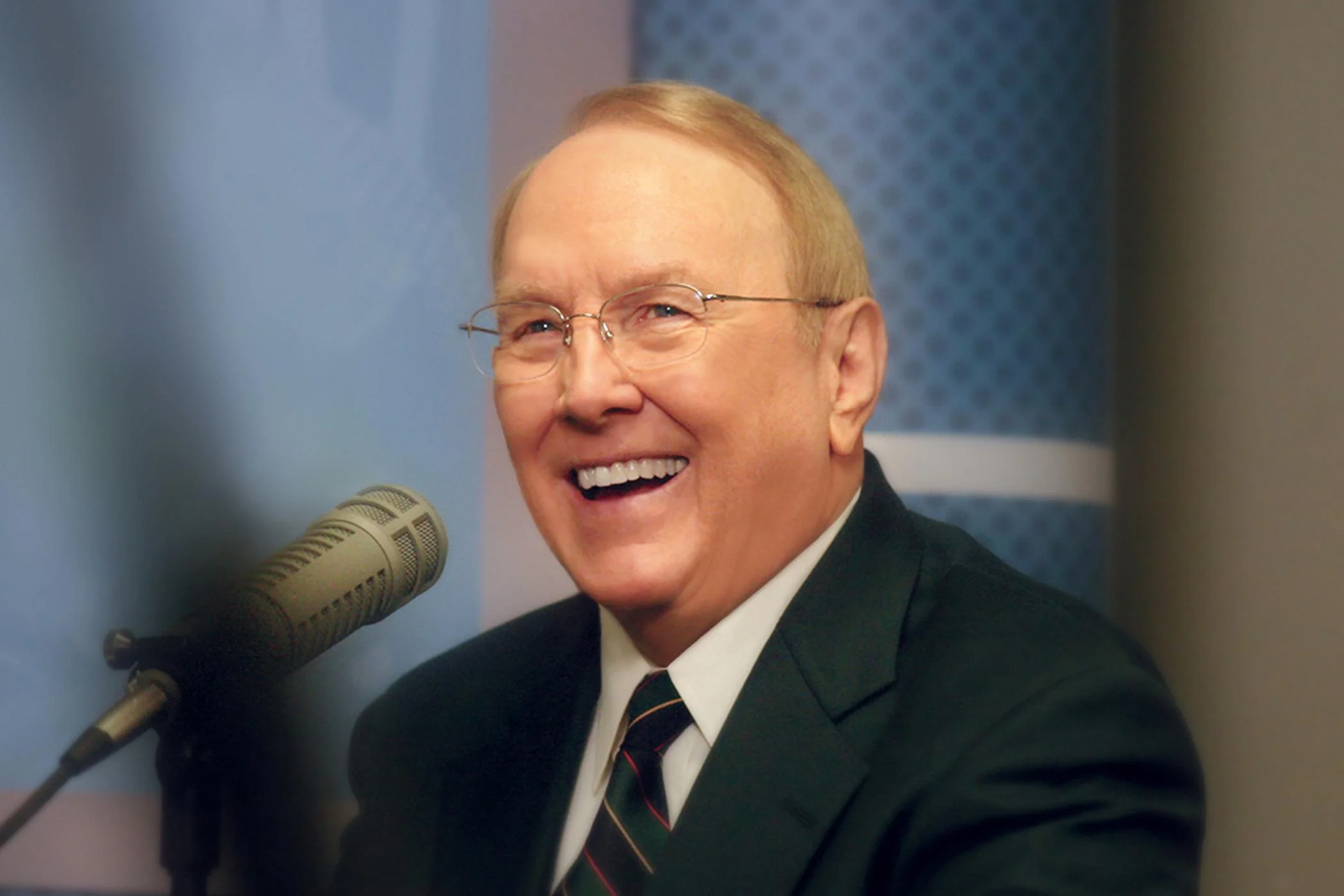
(RNS) — Dr. James Dobson spent a lifetime telling America something many didn’t want to hear: The strength of our nation rises and falls on the strength of our families.
For decades, socially liberal critics mocked Dobson, a pediatric psychologist and founder of Focus on the Family, as alarmist, out of touch and even repressive for his views. But time has proved Dobson right, and we’re now witnessing the consequences of ignoring his warnings.
Today, a majority of children will not grow up with their married biological parents, according to research by the Heritage Foundation. The good news is this trend seems to have hit a floor and is showing slight signs of recovery. But this collapse of marriage as a norm has led to increases in human suffering across the board, from bad outcomes in education to generational poverty to mental illness, loneliness and shorter lifespans.
Progressives often want to treat each of these pathologies as separately occurring isolated challenges, but many of them stem from the dissolution of the family.
These downstream effects caused by our cultural unraveling were not a mystery to Dobson. He saw that many problems that are seen today as insoluble are the predictable result of kidding ourselves that marriage and family matter.
Too many individuals and institutions still buy into the postmodern idea that marriage is simply a lifestyle choice with no bearing on society at large. Many parents, who divorce at a rate of nearly 40% of all marriages, don’t signal the importance of marriage to their children. Secular liberal universities and colleges incubate anti-family, anti-marriage and anti-childrearing thought, often presenting marriage as an institution that perpetuates oppression, discriminating “against single people, since marriage encourages the attitude that single people are somewhat pathetic figures,” in the words of one philosopher.
Modern social science, on the other hand, backs up Dobson’s prophetic views about marriage. History also shows us what happens when the atomized family became dominant. Family breakdown, studies have shown, on the whole leads to the increase of poverty, crime and epidemic loneliness. Children raised without stable homes are, also on average, at greater risk for academic, economic and emotional struggles. Neighborhoods with high rates of family instability inevitably struggle with higher rates of violence.
But even as progressives have attacked Dobson and others who pointed this out, not everyone ignored him. Millions of Americans bought his books and listened to his radio broadcasts and built their lives around Dobson’s teaching. Their families are stronger for it. Parents used his guidance to raise what he called “the strong-willed child.” Couples took his advice to strengthen their marriages. Churches drew from his wisdom to build ministries that offered hope. Because of Dobson’s tireless work, countless families are flourishing today who otherwise might not have.
That is no small legacy. Dobson’s influence is woven into the lives of millions who found in him not just a critic of culture, but a coach for living faithfully and fruitfully.
Dobson’s vindication leaves us with a choice. We can lament what we’ve lost, or we can learn from his example and go build healthy marriages and healthy families. We now know, more than ever, what works. Stable, loving marriages give adults purpose and joy.
According to Brad Wilcox, director of the National Marriage Project, the happiest Americans aren’t the wealthiest or the most successful in their careers. The happiest Americans are married, churchgoing and, often, parents. Stable families give children the foundation to thrive. They provide communities with the resilience to withstand economic and cultural storms.
If America wants renewal, we must start at home. Churches need to place marriage and family back at the center of their ministry. Civic leaders need to recognize that family health is not just a private good but a public necessity. Parents need to see their marriages not just as a covenant with each other, but as an inheritance for their children and an investment in the next generation.
Dobson’s life work was never about nostalgia for some idealized past. It was about realism. Unlike the utopians who attacked him, on this side of eternity he knew we will never find perfection. The Christian should always seek to learn from the past but strive for a better future.

J.P. De Gance. (Photo courtesy Communio)
But his legacy is not his own vindication. It is an invitation to act. If we take up his call to strengthen marriages, invest in our children and prioritize the family, his influence will continue to echo for generations.
(J.P. De Gance is the founder and president of Communio, a nonprofit organization that equips churches to promote healthy relationships, marriages and the family, and co-author of “Endgame: The Church’s Strategic Move to Save Faith and Family in America.” The views expressed in this commentary do not necessarily reflect those of Religion News Service.)
